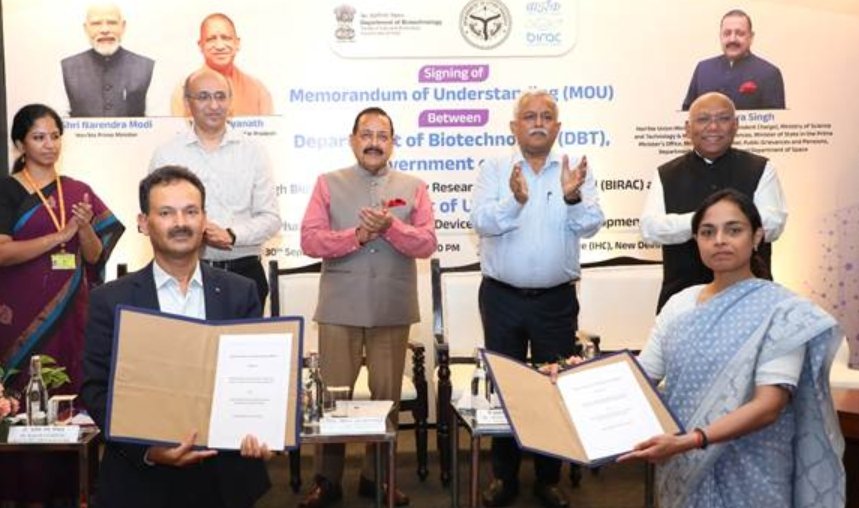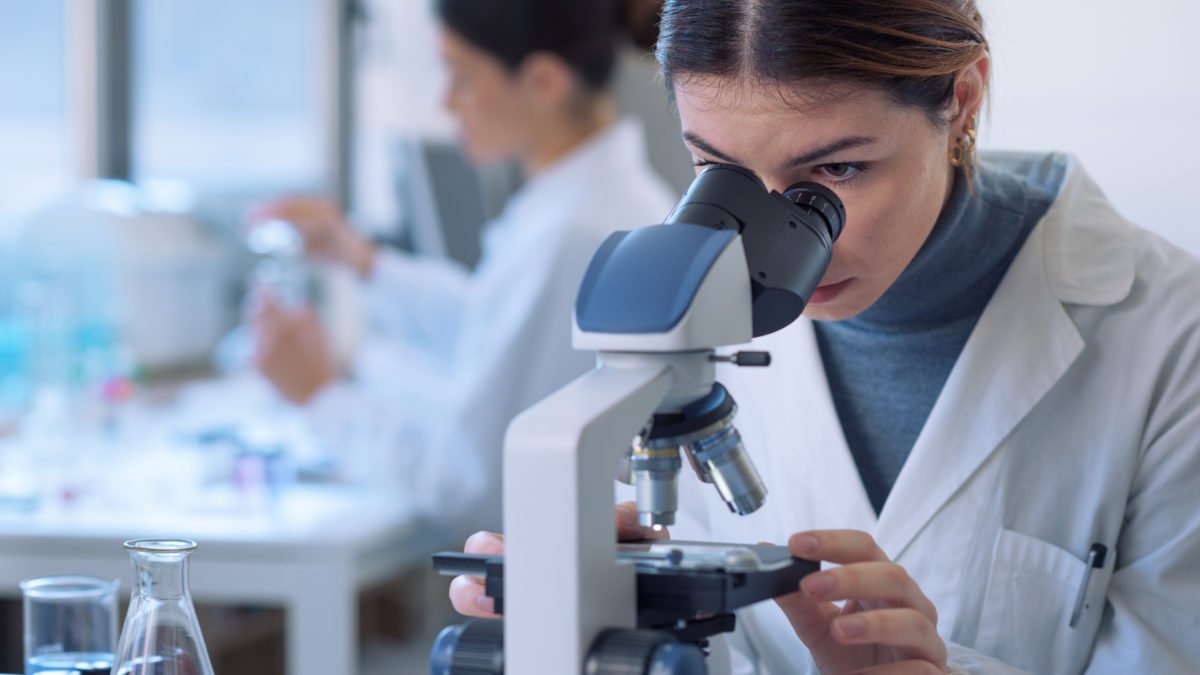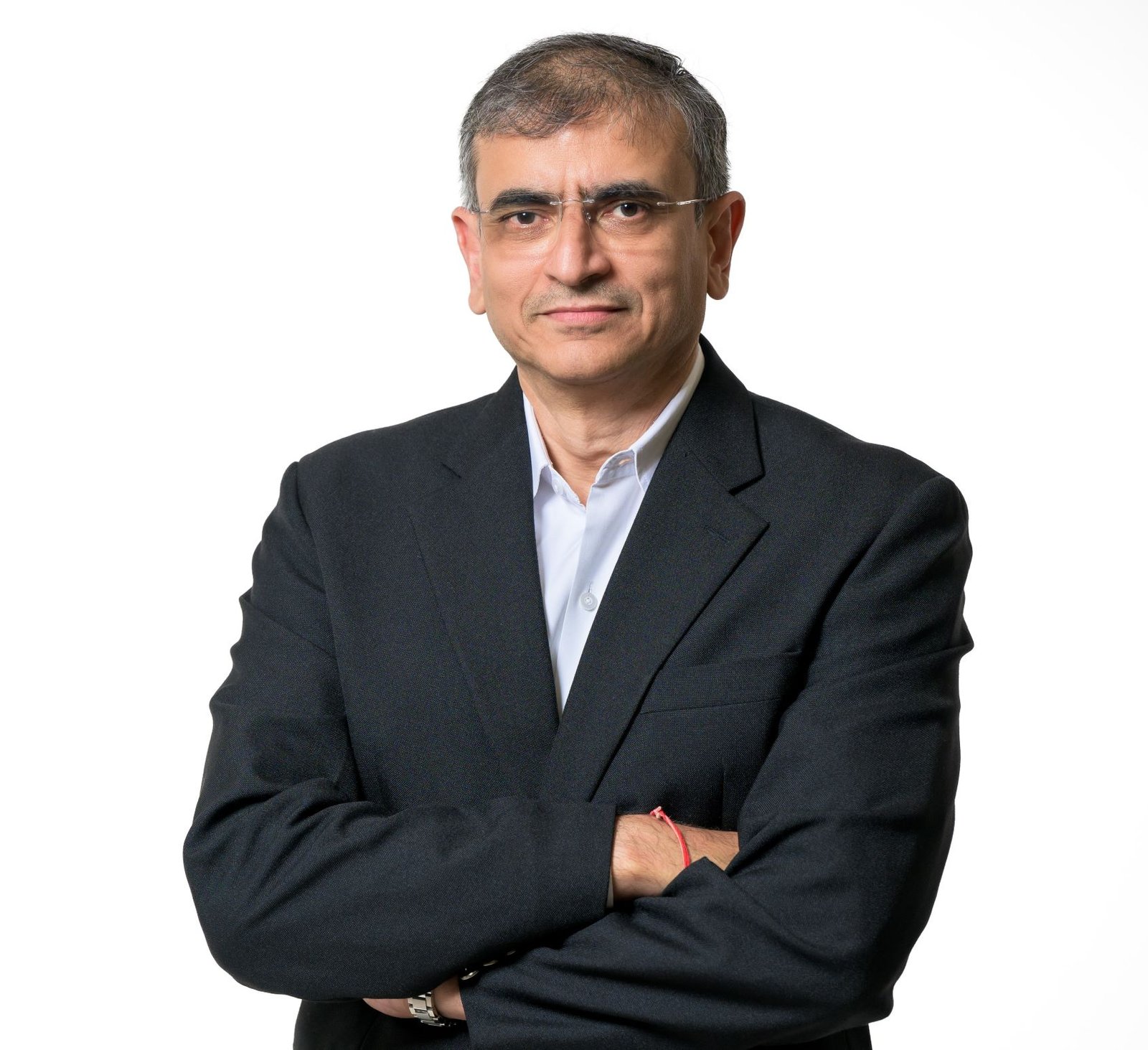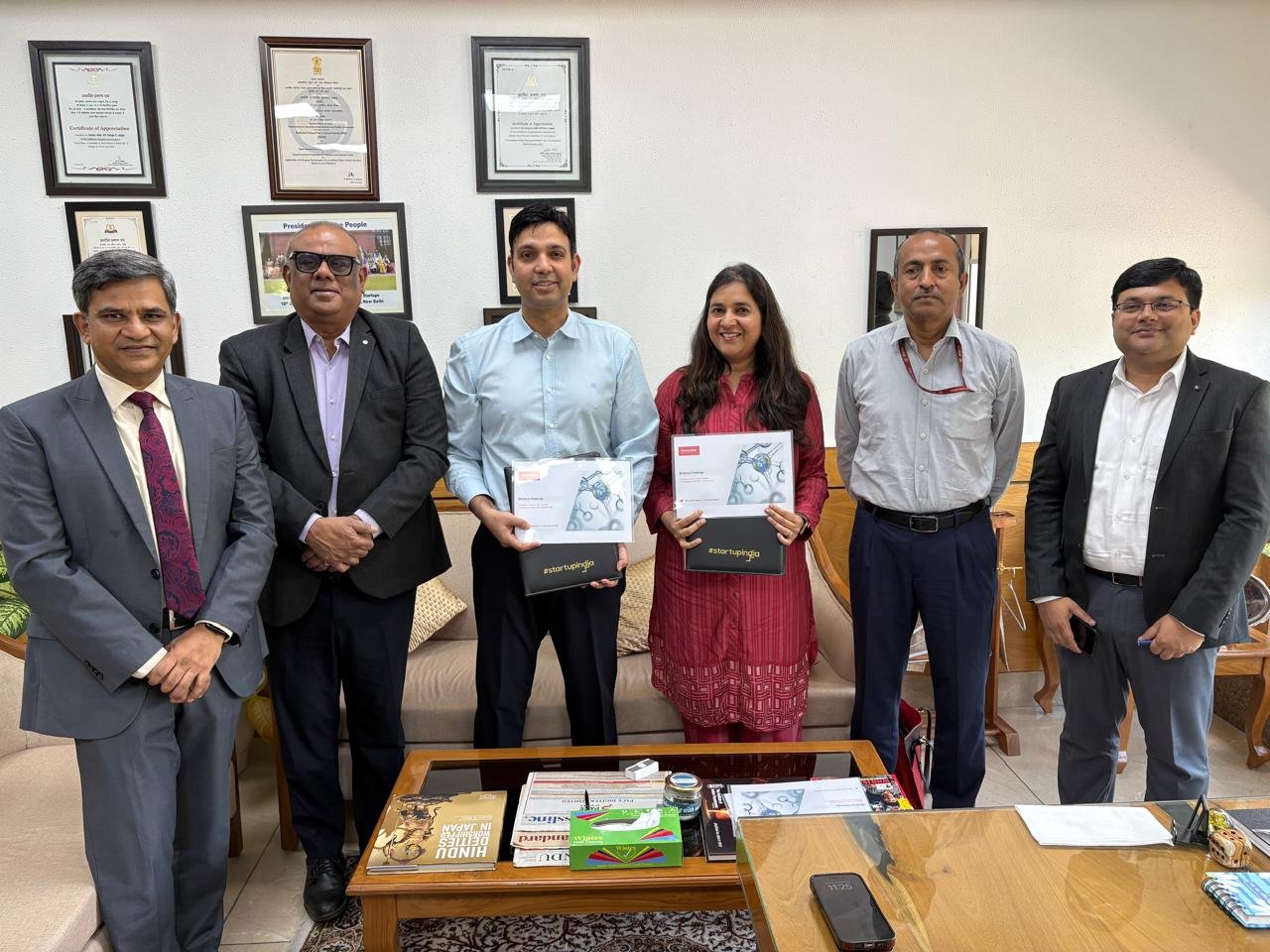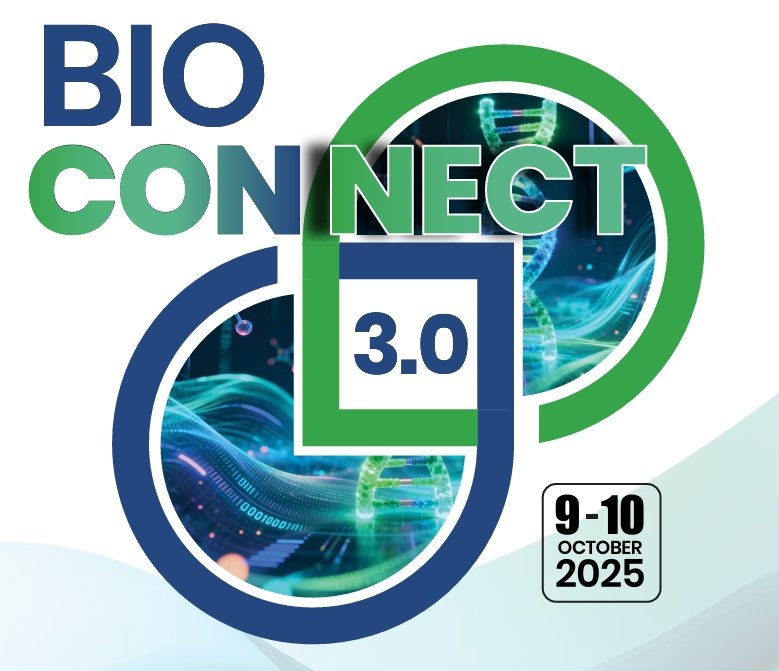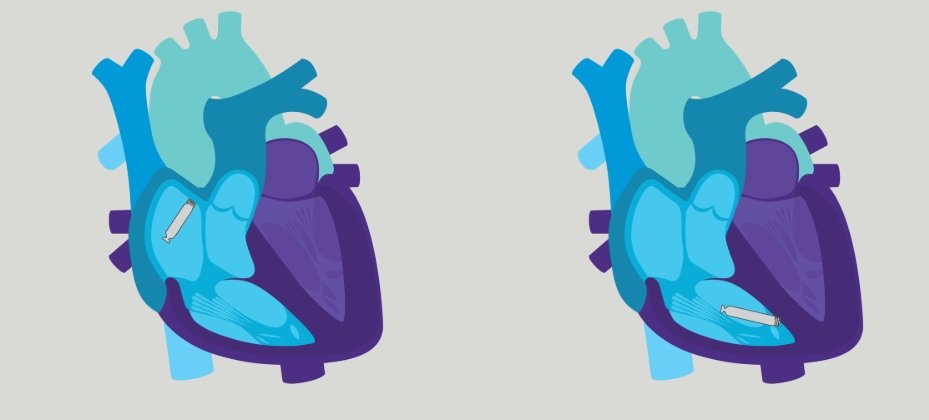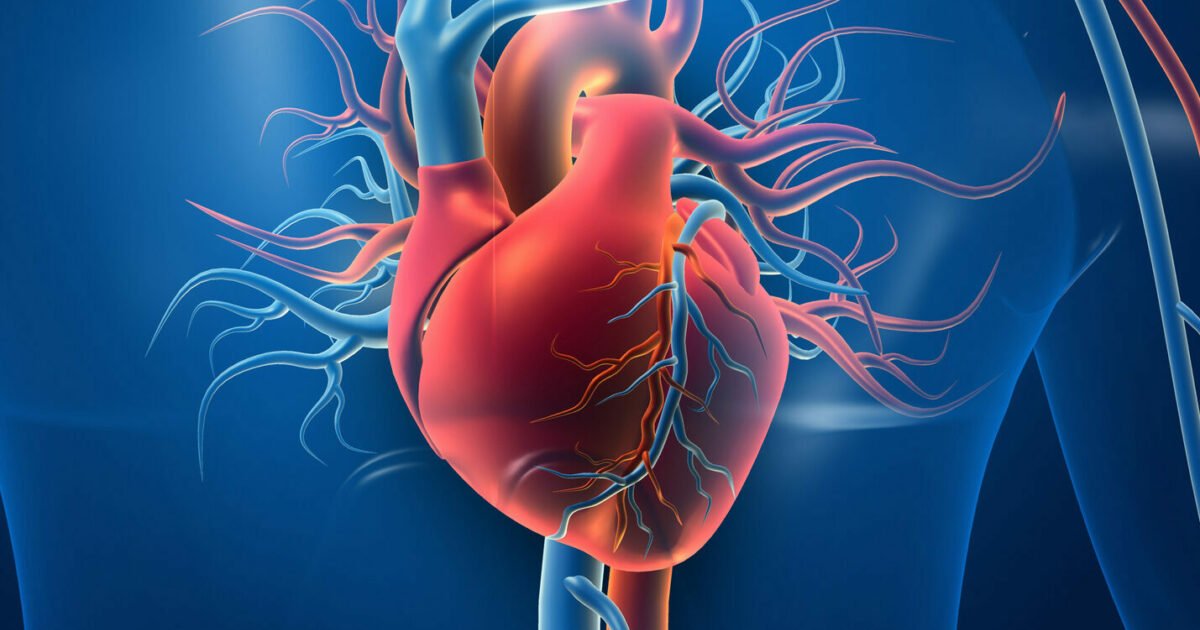“Bioethanol can do a world of good if produced sustainably�
January 09, 2009 | Friday | News
“Bioethanol
can do a world of good if produced sustainably”
—Peder Holk Nielsen, executive vice president, enzyme
business, Novozymes A/S, Denmark
Peder Holk Nielsen, joined Novo Industri A/S in 1984 as an assistant
product manager in the Enzymes Division, and has served the
organization in various roles before being appointed as director of the
New Business Development Group in 1988. He was appointed as vice
president of Industrial Biotechnology in 1990 and as vice president of
R&D in the Enzyme Process Division in 1993. And between
December 1994 and December 1998 he was corporate vice president of
Enzyme Development and Applications. In 2000, Nielsen was appointed as
executive vice president, business operations in Novozymes and in 2007
he was appointed as head of Enzyme Business.
Peder Holk Nielsen was recently in India to be a part of the silver
jubilee celebrations of the company’s operations in India.
Nielsen shares his view on the various opportunities in the enzymes
business.
What are some of the
characteristics of the Novozymes’ story?
This company has made a significant commitment over the past few years
to becoming more customer-centered. Yes, that sounds like a cliche, but
for us it is the main reason why Novozymes has become an independent
company. The old structure, where we were a business division of Novo
Nordisk, made sense as long as the challenge was to exploit a common
production technology to the maximum. But the business has changed, and
our new structure gives us far more freedom to find strategic partners.
The way we carry out our business is through long-term commitment. The
culture of this company is being customer-oriented and everybody
including production and R&D understand that serving customers
is the way of life. We imagine a future where our biological solutions
create the necessary balance between better business, cleaner
environment and better lives.
You are celebrating
25 years of successful operations in India. Can you trace the journey?
Novozymes has had a presence in the Indian market for a long time. As
far back as 1983, the first enzyme activities were established in
Bangalore. In 1992, we expanded as a wholly owned subsidiary of
Novozymes A/S and had six people in India chasing big dreams.
The Novozymes’ Indian headquarters is in the International
Technology Park, Bangalore, and we also have production and repackaging
facilities at other locations in Bangalore. We also started R&D
in 2005. The year 2007 has been a landmark year for Novozymes in India.
We acquired Biocon Ltd’s enzyme activities and strengthened
our operations and resources. That was one of the largest acquisitions
for Novozymes. With it, our position and opportunity for harnessing the
rapid growth in the Indian market has become even stronger. Today we
have around 235 people in the India operations.
What are your
observations on the enzymes business opportunities in India and Asia?
The use of enzymes is still limited in the country, but
India’s increasing prosperity offers good potential for
growth. Biocon’s enzyme activity acquisition has made our
position strong in the Indian enzyme market with a good distribution
network and channels, local application knowledge and a global position
in enzymes for the wine and juice industries. Although the use of
enzymes is still at a relatively low level, interest in the benefits of
using enzymatic solutions in India is intensifying. In India, the
laundry, alcohol and textiles industries are using enzymes and there
are going to be newer applications too. Asia is growing in importance
for Novozymes and the sales in the region have grown by an average of
10 percent per annum over the past few years. The opportunity can be
gauzed by looking through the eyes of the customers. There is a lot of
excitement in significant markets like Asia. China, India, and South
East Asia.
There is a lot of
activity in the biofuels sector. Can you comment on some of your
initiatives?
Novozymes uses biotechnology to improve the use of resources in more
than 30 industries around the world. The biofuel industry is one of
them. Novozymes sees bioethanol as a major step towards meeting
increasing needs with limited resources, if done the right way.
Novozymes offers what is likely to be the most efficient technology
platform to further improve the sustainability performance of
bioethanol production. The use of enzymes in the bioethanol industry is
a mature and proven technology. Nonetheless, there is still great
potential in the use of enzyme technology to further optimize and
improve the bioethanol production.
Is bioethanol mature
enough to be a major source of biofuel?
Bioethanol is based on renewable resources and can reduce our
dependency on fossil fuel. By 2030 bioethanol can meet 25 percent of
the global need for energy for road transport and a lot more as vehicle
fuel economy improves. First-generation bioethanol is produced from
crops such as sugar cane/beet, corn, wheat, barley, rye, sorghum, and
cassava. This technology is in place and all commercial production of
bioethanol is currently first generation. Second-generation bioethanol
is produced from feedstock containing cellulosic biomass such as the
stalks, leaves and husks of corn plants, wood chips, and sawdust.
Second-generation bioethanol may also be produced from energy crops
such as switch grass. The advantages of energy crops include their need
for less fertilizer and the fact that they can be harvested several
times a year. Enzyme technology is constantly developing, and Novozymes
expects that the enzyme technology for commercially viable production
of second-generation bioethanol will be on the market in 2010.
Novozymes was awarded a $12.3 million contract from the US Department
of Energy (DoE) to improve the enzymes necessary to produce cellulosic
ethanol. Novozymes’ project DECREASE (Development of a
Commercial-Ready Enzyme Application System for Ethanol) aims to improve
the performance of enzyme systems, to further reduce the cost of
cellulosic ethanol production and supply new and commercial cellulases
in pilot, demonstration, and commercial plants by 2012.
What are some of your
initiatives in the biofuel sector in Asia?
The United States, Brazil, and China have defined clear targets and
roadmaps for the development of the bioethanol industry. By 2010 China
aims to double its bioethanol production to cover five percent of the
total transport fuel used with a target of three million tons of fuel
ethanol. China currently produces roughly the same amount of bioethanol
as all the EU countries put together, and we expect China to become an
important market for enzymes for the production of bioethanol.
As China has to import maize (corn) and cereals for food use, there is
a great deal of interest there in developing the technology for
producing bioethanol from plant waste (biomass), the second-generation
bioethanol. In 2006, Novozymes entered into a three-year cooperation
agreement with China Resources Alcohol Corporation (CRAC) for the
development of this technology. Among other things, the agreement means
that Novozymes and CRAC have created a development team to work at a
pilot plant set up specifically for this project.
We inaugurated the world’s largest enzyme fermentation
facility (Hongda) in China recently. The facility, Suzhou Hongda
Enzymes Co., is located in Taicang, Suzhou, Jiangsu Province, about 50
km north of Shanghai. The expanded capacity will primarily focus on
products for the bioethanol industry, with the expansion signaling an
investment in both bioethanol and the expanding Chinese market. The
Hongda facility in Taicang has been expanding and has more than tripled
its headcount. The Suzhou facility is one of Novozymes’
strategic manufacturing locations, and this new expansion will enable
us to accomplish more.
N Suresh and Ch. Srinivas
Rao



